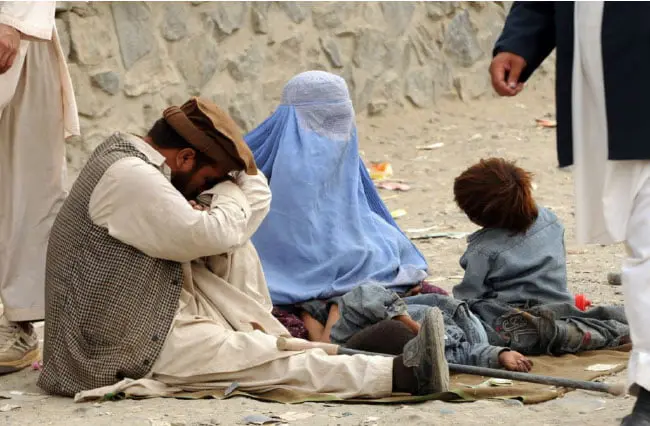RASC News Agency: The United Nations Population Fund (UNFPA) reports that an estimated 28.3 million people in Afghanistan now under Taliban rule are in urgent need of humanitarian assistance this year. In a statement released on Friday, November 15, UNFPA emphasized that Afghanistan is grappling with the compounded effects of decades of conflict, severe drought, food insecurity, natural disasters, and mass displacement. According to the report, 13.8 million of those in need are women and girls. “While everyone is affected by these crises,” the statement read, “women, girls, people with disabilities, and the elderly are disproportionately impacted.” UNFPA has carried out a comprehensive assessment across Afghanistan to evaluate mental health needs and social support gaps.
This evaluation, conducted in collaboration with the Salma Foundation, took place from November 2023 to February 2024. Its objective was to increase awareness around mental health and psychosocial challenges and to enhance access to services, with a particular focus on vulnerable groups, including women, adolescent girls, people with disabilities, returnees, and internally displaced individuals. UNFPA stressed that women and children are especially vulnerable and urgently need access to mental health support. To address widespread emotional distress, symptoms of depression, anxiety, and stress, psychosocial support services will now be integrated with healthcare services.
Earlier this year, the United Nations High Commissioner for Refugees (UNHCR) similarly highlighted that Taliban-imposed restrictions have exacerbated hardships for Afghanistani women, rendering them even more vulnerable and in need of assistance. Recently, the World Food Programme (WFP) also reported that 14.8 million Afghanistanis will face critical shortages and require immediate aid this winter.






